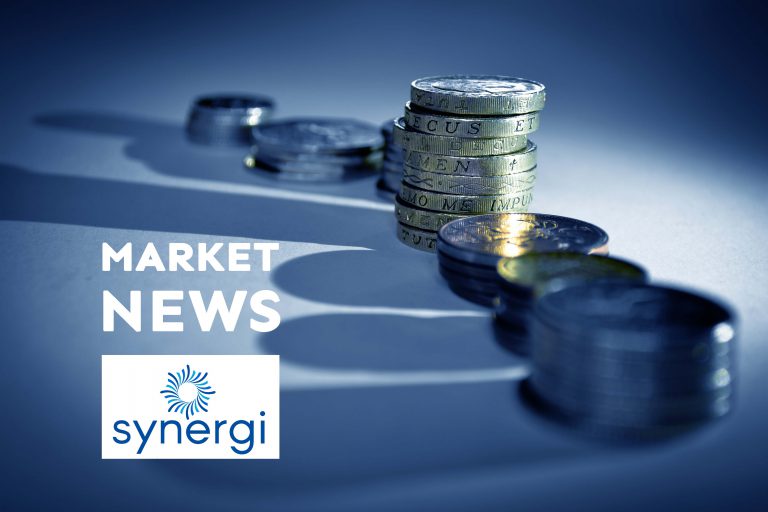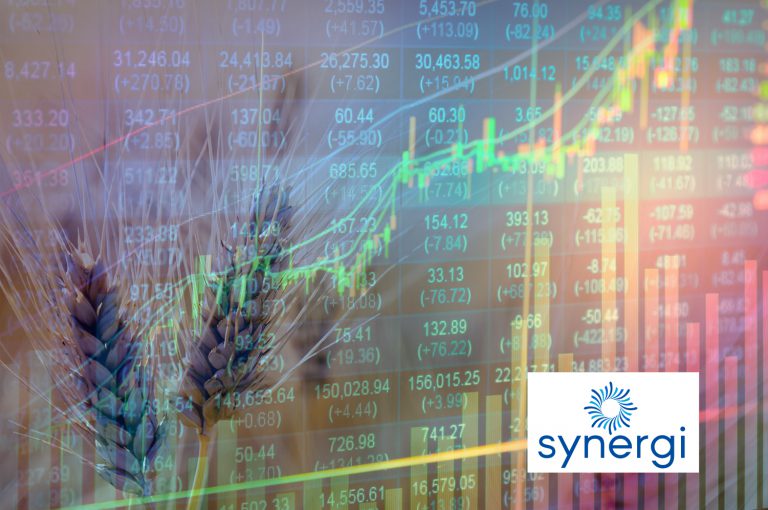Financial week in a glance: what’s been trending
In the international news Tesla and SpaceX CEO, billionaire Elon Musk sold about $8.5bn of Tesla stock after announcing he will buy Twitter for $44bn, a milestone moment for the 16-year old social media platform, which will take it from being a publicly-owned company to a private one. His takeover is expected to be completed later this year, subject to conditions, including the approval of Twitter’s shareholders and regulators. Shares of the electric car company at the same time lost more than 20% of their value over the last month.
The ICE Dollar Index, a measure of the US currency against six major rivals, surpassed its March 2020 peak to reach its strongest in more than five years. These gains come as the Japanese Yen plunged in light of the Bank of Japan pledging to buy unlimited amounts of 10-year Japanese government bonds to defend the bond yield cap.
The US economy shrank in the first three months of the year, contracting 0.4% in the first quarter, or -1.4% on an annualised basis, its weakest quarter since the early days of the pandemic.
This Monday all major U.S. stocks indices rose in volatile trading after Friday’s rout as the S&P hit a new low for the year. April experienced the worst monthly performance for the S&P 500 (-8%) since the start of the pandemic and the NASDAQ (-13%) since October 2008, during the Great Financial Crisis.
Beginning of the week the S&P rose +0.6% despite disappointing manufacturing data in a week that is likely to be marked by intense market moves, with the Federal Reserve to be expected to deliver its biggest interest-rate hike in two decades. WTI Crude Oil erased earlier losses, closing nearly unchanged at $105, as surging refined products markets led prices higher, offsetting threats to China’s fuel demand outlook from its COVID19 measures. Gold came under renewed pressure losing nearly 2% to $1,860.
US intelligence has warned that Russia is planning to formally annexe Donetsk and Luhansk regions within days and furthermore, there are concerns Russia may seek to destabilise Moldova – perhaps by recognising its breakaway region Transnistria, where there have been mysterious explosions in the past week.
The EU is edging closer to an embargo on Russian energy supplies, having unveiled proposals for new sanctions on Russia, including a ban on Russian oil imports by the end of this year. Brent oil closed just under $110.
Later this week, we have central bank announcements with the Federal Reserve expected to hike interest rates by 50 bps on Wednesday and the Bank of England by 25 bps on Thursday.
Eurozone CPI inflation was 7.5% for April, with core up to 3.5% and GDP at 0.2% quarter-on-quarter, both in line with expectations. In the US, the April manufacturing index for the ISM came in well below expectations at 55.4 versus consensus of 57.8. The biggest slowdown was in the employment index, probably due to labour shortages.







